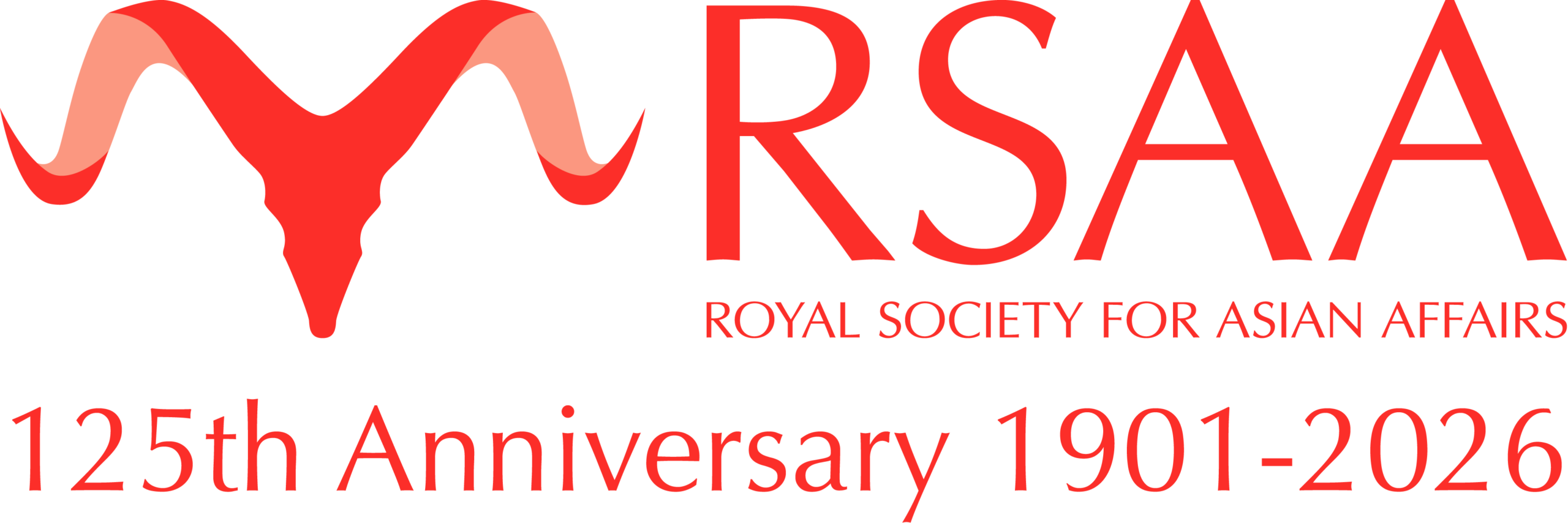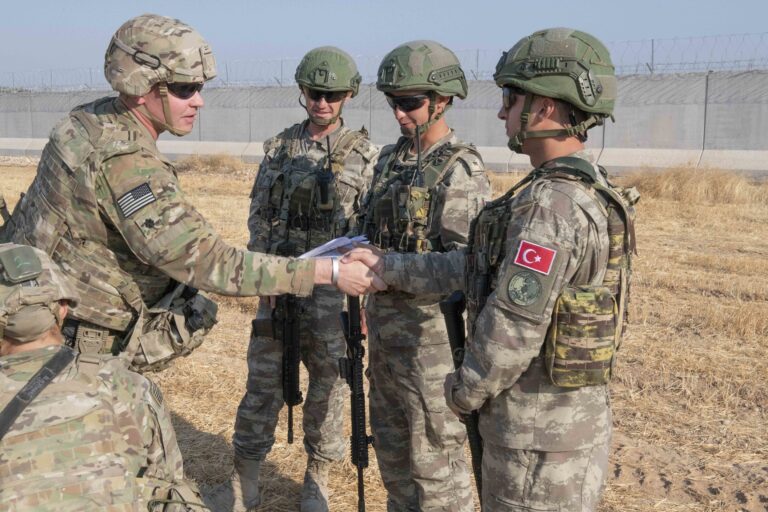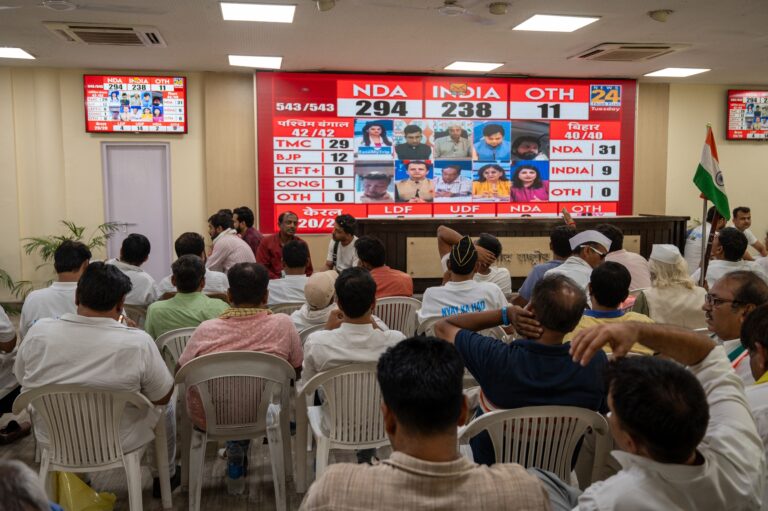Underground Counterculture in Tashkent: The First Independent Theatre in the Soviet Union

Lucas Fraser-Taliente
It’s a Wednesday night in the centre of Tashkent, Uzbekistan. The darkness of the small wooden stage in front of me is disturbed only by the faint blue glow of the supertitle screens. A soft white gleam emerges to illuminate the entrance of our young protagonist, Makhzum. His father, a stiff and bespectacled figure, follows, scolding him for his long hair and unkempt looks. Makhzum’s rebellion, fuelled by the familiar stubbornness of adolescence, is abruptly quelled by his father cutting off his braids with a knife. Distraught, Makhzum ties the discarded hair to the stage’s centrepiece, a single tree with bare canopy.
I am at the Ilkhom theatre (“inspiration” in Uzbek), and tonight’s play is called White White Black Stork. A tragedy set in early 20th century Uzbekistan, it depicts the story of a young dreamy-eyed Sufi scholar, Makhzum. He develops a close, implicitly romantic, relationship with a male classmate, quickly rendering him the object of homophobic abuse. Meanwhile, a girl called Makhichehra falls in love with a poor cloth-seller. Concerned by these taboo desires, the overbearing fathers of Makhzum and Makhichehra force the two into marriage (image above: Makhzum and Makhichehra come to terms with their forced matrimony. Photo by Anton Kuznetsov).
As I left the theatre that night, I couldn’t help but think that many of the tropes in White White Black Stork – taboo love and non-conformity to patriarchal and religious authorities – would perhaps be familiar to Western audiences and might not be regarded as particularly cutting-edge. Yet in Uzbekistan these themes are far more relevant: homosexual acts are criminalised, and traditional gender roles still dominate. Based on the works of the 20th century Uzbek progressive Abdulla Qodiriy, the questions raised in the play resonate well beyond their original context and the audience members know it.
Established in 1976, Ilkhom is housed in the basement of a squat, boxy building – a former vegetable warehouse – whose upper floors are all abandoned. Despite these small and innocuous settings, the theatre has an outsized reputation. For the last fifty-odd years, it has been widely regarded as both the Soviet Union’s first independent theatre and a countercultural epicentre. The brainchild of founder Mark Weil, Ilkhom regularly performs plays that voice different perspectives and challenge the socially conservative values of Uzbek society. Across the road from Ilkhom lies the monumental brutalism of the Panoramic cinema, and there’s a sort of lingering, silent defiance in this juxtaposition. One is an imposing embodiment of authoritarianism, while the other is small, underground, and dedicated to independent artistry.

Indeed, understanding Ilkhom requires understanding its context. Despite the ongoing reign of social conservatism, Tashkent has a long, at times violent, history of multiculturalism. Though overshadowed by the ancient cities of Samarkand, Bukhara, and Khiva, the city has been at the cross-roads of the East and West for millennia. The Tashkent of today, however, started to take shape in the 18th century, when the Russian Empire made this small, but cosmopolitan, Silk Road trading town the capital of newly formed Turkestan. A deluge of immigrants from around the Russian Empire followed, bringing their different cultures and, eventually, the Bolshevik Revolution.
Multiple waves of multicultural integration have since ensued, including Stalin’s forced migration of hundreds of thousands of Koreans to Central Asia in 1937, and the relocation of Soviet cultural and scientific institutions to Tashkent during the Second World War. Even the devastating 1966 earthquake, which rendered over three hundred thousand people homeless, inadvertently contributed: young Tashkent residents were temporarily relocated across the USSR while workers from various regions arrived to rebuild. Today, Uzbekistan continues this multicultural tradition – the country and its capital are a refuge for thousands of Afghans fleeing the Taliban and hundreds of thousands of Russians fleeing mobilisation.
So, Tashkent, despite the isolationist reputation of the Soviets and the quasi-destruction of the entire city, has been a cultural mixing pot for a very long time. Ilkhom, and the performances it hosts, is a part and product of this long history of diversity. Weil, whose Ukrainian-Jewish parents immigrated to Tashkent in the 1930s, studied theatre under Russian Soviet academics who had migrated to the city in the early 20th century. He placed great emphasis on incorporating elements from a wide range of literature and ideas; as well as Uzbek authors, the theatre has drawn on foreign writers like Ibsen, Pushkin, and Steinbeck. This approach still stands: more recently, for instance, Ilkhom has used the work of the contemporary writer Jenny Nordberg and the stories of Afghan refugees in Tashkent to criticise the treatment of women in Afghanistan.
Emerging from Tashkent’s long history at the cross-roads of cultures, Ilkhom’s polyphonic philosophy developed in the years after its 1976 inception. More than just an echo of Leningrad and Moscow’s avant-garde, Weil and his associates exploited Tashkent’s peripheral status in the USSR to slip through the cracks of censorship. Ilkhom avoided direct criticism and focused on depicting the realities of life under the Soviets, but in doing so they (perhaps inevitably) drew attention to issues like corruption and power abuse. Indeed, Weil himself denied that the theatre was political. In his words, “We were not a political theatre. We just wanted to reproduce unedited life and real people on stage”.
Nevertheless, Ilkhom earned a reputation as one of the few institutions in the region with a countercultural voice. Much was soon to change, however. After decades of censorship, Gorbachev’s 1986 glasnost (‘openness’) policy ushered in a new age of increased freedom of speech. For years Ilkhom had been commenting on (and criticising) everyday Soviet life through the works of playwrights like Guseinov and Vampilov, and the relaxing of censorship meant that other theatres could join in. Yet glasnost had another impact: a surge of mass media that, according to Weil himself, flooded Uzbekistan with conflicting information, causing public confusion and crumbling government credibility.

In response, Weil and his associates shifted production towards silent pantomime and clown theatre, searching for a form of expression that would carry value without words. In performances like Ragtime for Clowns and Clomadeus, Ilkhom critiqued life under the Soviets through buffoonery and allegory. Satirising Soviet gulag camps and the food ration queues, this subversive clown-as-philosopher style provided silent commentary on the collapsing Soviet Union. In the only spoken phrase of Clomadeus, perhaps Ilkhom offers a prescient teaching to us in our own time of mass media consumption: “What to say, when you have nothing to say, when everyone is so tired of talking?”
The fall of the Soviet Union in 1991, however, did not signify the end of Ilkhom’s troubles. In fact, the opposite: it triggered a mass emigration as people searched for better lives elsewhere. Ilkhom was one of the only Central Asian theatres to survive the Soviet collapse – others like the Theatre of Slava Pazi in Bishkek (Kyrgyzstan) and the Theatre of Valera Ahadov in Dushanbe (Tajikistan) ceased to exist. Ilkhom survived because of its adaptability, its willingness to part with tradition, and the determination of its community to remain.

Then, on the eve of the 2007 theatre season, Mark Weil was murdered in what is thought to be a reaction to a controversial depiction of the Prophet Muhammed in the play Imitations of the Koran. In a now portentous remark, Weil had previously made it clear that he wanted the season to continue come what may. So, determined to heed his wishes, the theatre stuck to its schedule, and staged a performance of Aeschylus’ Oresteia the very night after his murder. In fact, Weil continues to have a strong influence over Ilkhom. In the words of the theatre’s Deputy General Manager Irina Bharat, “we keep telling stories about him and his principles, how to be brave, open-minded and honest”. Indeed, an enormous portrait of him stands over the entrance to the basement theatre, a reminder of this theatre’s commitment to uphold his memory.
Yet this devotion to Weil’s vision continued to be tested. In the years after his death, the quality of production at Ilkhom declined, and many actors decided to move on. It wasn’t until 2010, with the acclaimed play Seven Moons, that the theatre regained its reputation for excellence. Next, in 2020, Ilkhom faced the threat of eviction to make way for redevelopment, which was thwarted only after a community campaign and numerous international petitions. More recently, in December 2023 a fire caused by faulty wiring threatened to destroy the entire place.
Ilkhom’s future remains under threat. Across the globe, theatre and the arts are becoming an increasingly unpopular career choice, and Uzbekistan is no different. Bharat told me that “in Weil’s time, up to a hundred people used to compete for fifteen places at Ilkhom’s theatre school. Nowadays, it is more like twenty competing for ten”. The numbers are dwindling as more and more young people choose the stability of conventional jobs.
Despite all of this, Ilkhom has endured. As Bharat explained, this is because of the commitment of its community to telling real stories: “Our actors don’t earn any money and they all work other jobs, like teaching, radio, or advertising agencies. They don’t want to sacrifice being here”. This sense of collective identity extends beyond the confines of the stage to include both actors and audience. Hundreds of devoted theatregoers protested the theatre’s 2020 eviction threat, showing up to press conferences with placards bearing the SaveIlkhom hashtag. Speaking to Bharat I soon got the sense that Ilkhom is more than just a theatre here – it is a space of community identity.
Ilkhom, both a product and voice of Tashkent’s historically multicultural environment, has managed to persevere precisely because of this social milieu. At a time when theatres across the world are under increasing strain, and in a region where artistic expression has long faced constraint, its story offers an example of the power of community in sustaining cultural spaces. Indeed, I witnessed this for myself. As I walked out of White White Black Stork, I noticed a lady placing a flower at the foot of the Mark Weil portrait. She was not alone – many others before her had done the same. Like Weil, Ilkhom has continued to survive, if only through the minds of others.
The opinions expressed are those of the contributor, not necessarily of the RSAA.






